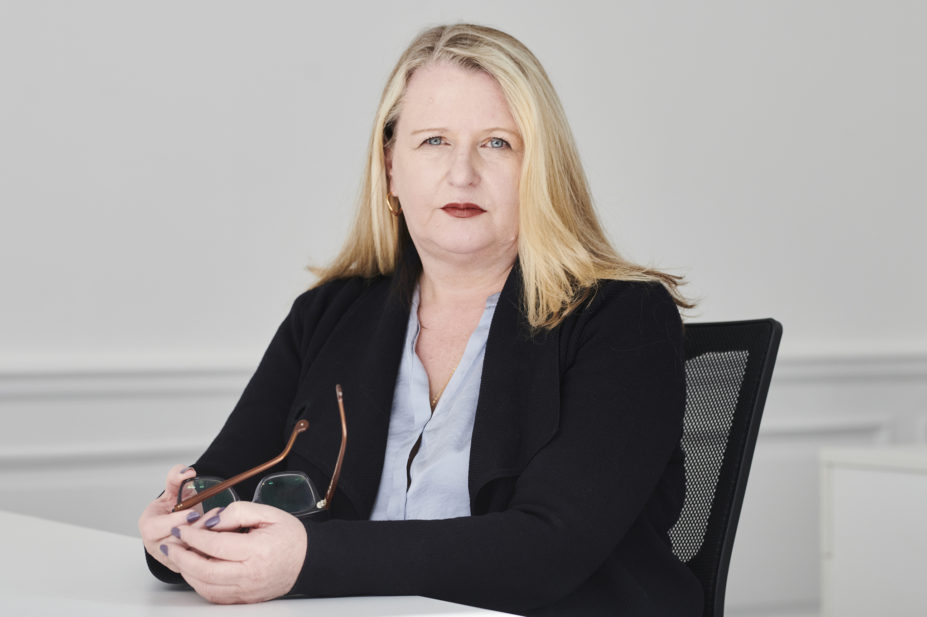
Paul Stuart
Community pharmacy staff in England are seeing an increasing number of patients who are self-referring for consultations, the Pharmaceutical Services Negotiating Committee (PSNC) has said.
Following an audit of consultations carried out by 4,139 community pharmacies in January 2022, published on 26 June 2022, the PSNC has estimated that the sector as a whole is carrying out 1.2 million consultations per week, or nearly 65 million consultations per year — based on a reported 82,872 consultations reported during the audit.
This is a 29% and 14% increase in consultations carried out during similar audits held in 2020 and 2021, respectively, and equates to “over 94 additional GP practice appointments”, for every practice in a week the audit report says.
Of the consultations reported in 2022, the PSNC said 80.7% “were as a result of patients self-referring into the pharmacy”, with the remaining 19.7% “due to patients not being able to access the part of the health system they initially required or being informally referred outside of the nationally commissioned NHS Community Pharmacy Consultation Service (CPCS)”.
“Not only are more people attending a community pharmacy daily, seeking advice and support, but a higher percentage are self-referring, with 80.3% in 2022 compared to 76.3% in 2021,” the audit report says, adding that “there has been a drop in informal referral… from GPs to compensate”.
The audit found that 6.8% of patients were “informally referred” to community pharmacy by their GP outside of the commissioned NHS CPCS referral route, which represents a decrease on the 9.0% of informally referred patients in 2021.
Similarly, the proportion of patients who chose to see a community pharmacy staff member because the patient did not have access to their preferred part of the healthcare system also decreased from 8.6% in 2021 to 7.8% in 2022.
The PSNC noted that 40.7% of all audited consultations had “no direct remuneration and no linked sale of a medicine”.
Community pharmacies are currently not remunerated for consultations that occur outside of the NHS CPCS pathway.
However, the government has suggested that it is planning to launch a national minor ailments service that could commission pharmacies in England to offer advice, treatment and referrals to patients presenting with minor conditions and supply treatment for certain conditions, without the need for a patient to visit their GP.
The PSNC has previously said that such a service could save the NHS up to £640m annually by transferring 40 million GP appointments to pharmacies.
Gareth Jones, director of corporate affairs at the National Pharmacy Association, said the audit results “reveal a growing level of trust in the healthcare advice available from pharmacies and they also reflect ease of access compared to other parts of primary care”.
“Services that involve formal referral pathways, such as CPCS, can be very beneficial to patients and are strategically significant to the development of integrated community pharmacy practice and services,” they added.
“It is important that pharmacies are properly valued by the government and NHS for the work they do. [The] PSNC’s audit is a helpful tally of how much support is given informally that would otherwise fall to GPs and others with limited capacity to respond.”
Commenting on the audit results, Janet Morrison, chief executive officer of the PSNC, said they “show just how heavily the nation has come to rely on community pharmacies, as well as how severe the impact could be for the rest of the NHS if this were to be put at risk”.
“It is clear that pharmacies are increasingly becoming the first port of call for healthcare advice, and that both patients and other healthcare professionals are turning to them more and more.
“It is astonishing that this work is all being done without specific funding and worrying to see GP and NHS 111 referrals coming through outside of the CPCS, and we’ll continue to try to address this through our negotiations,” she added.
The PSNC is currently in negotiations with the Department of Health and Social Care over arrangements for year four of the five-year community pharmacy contractual framework.


